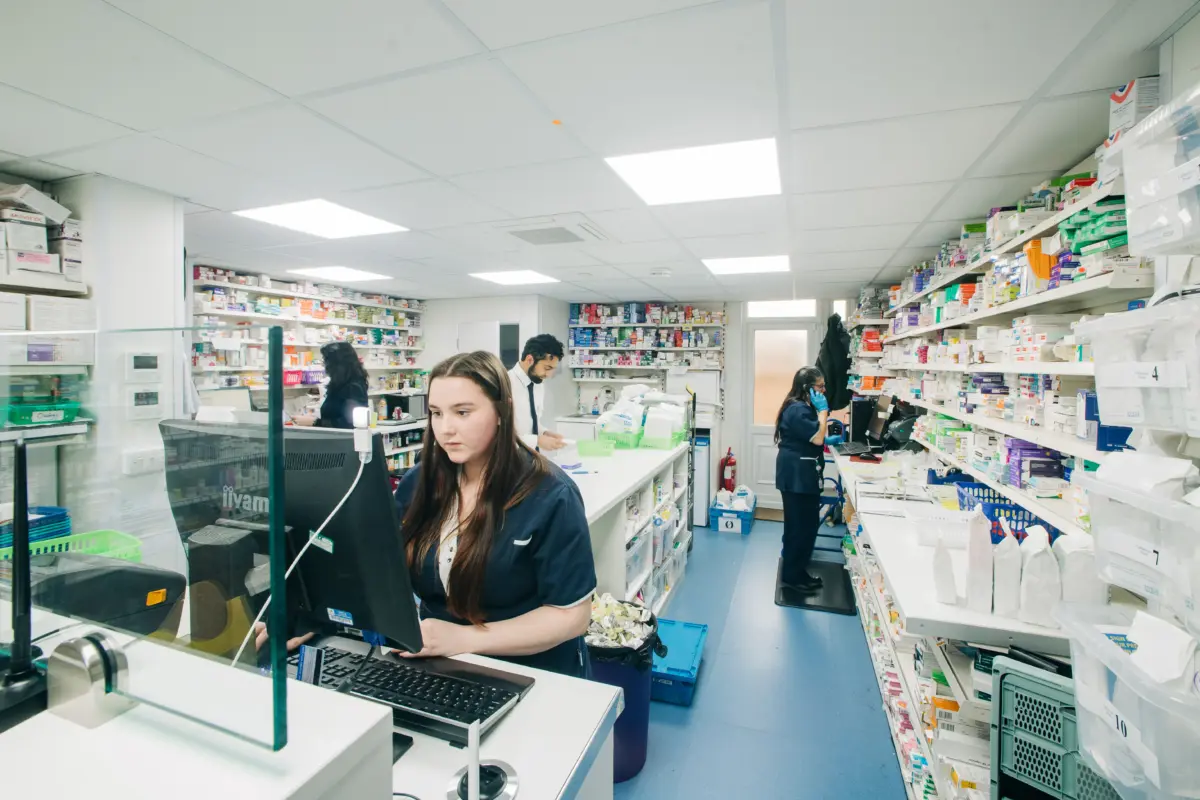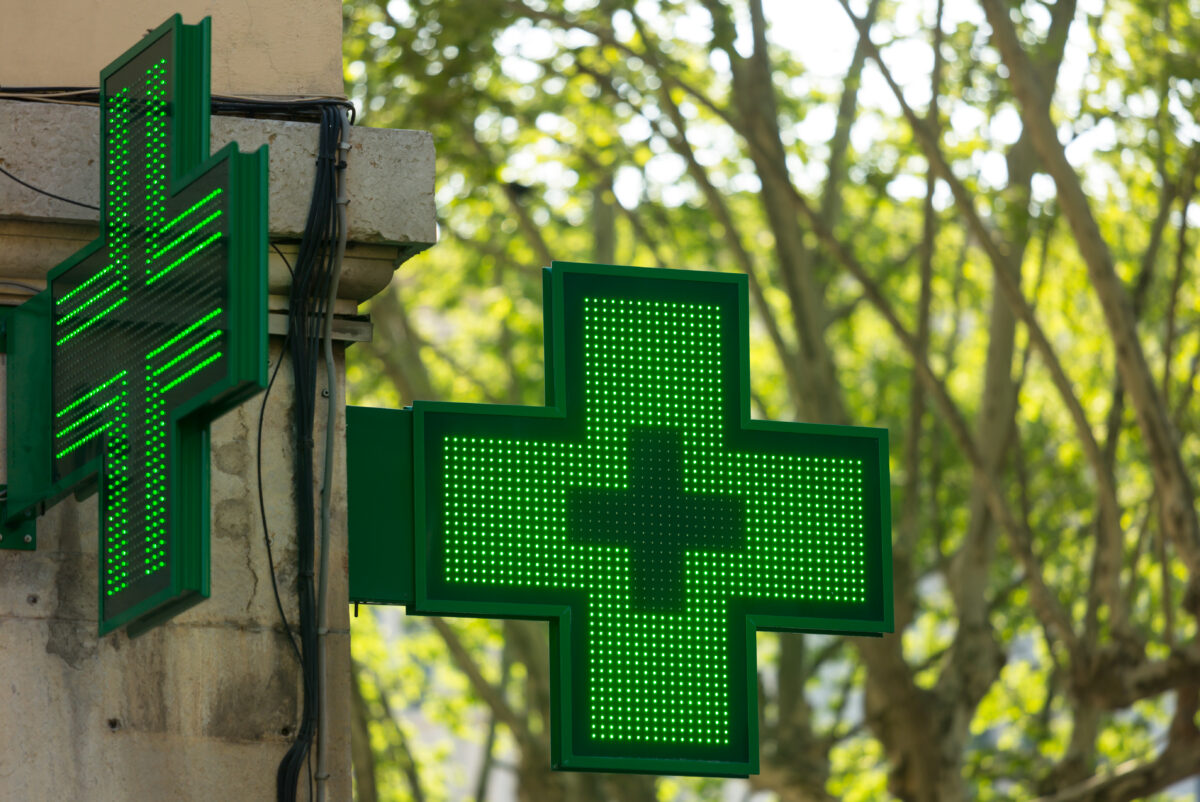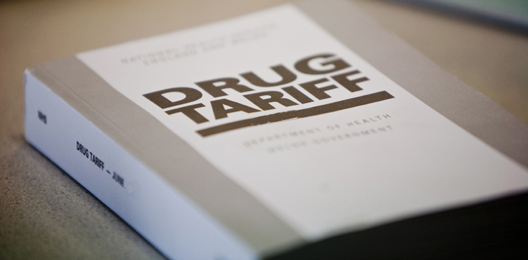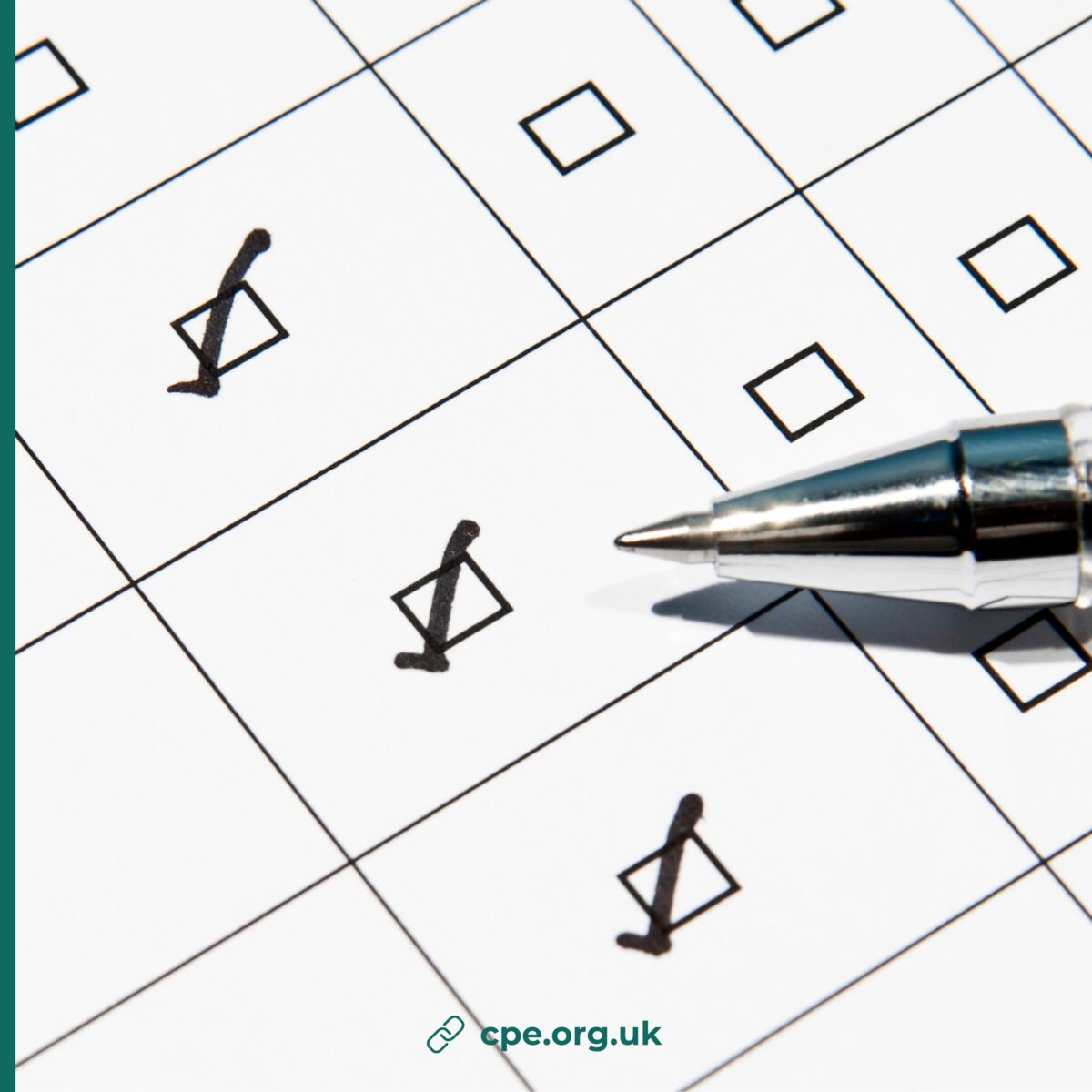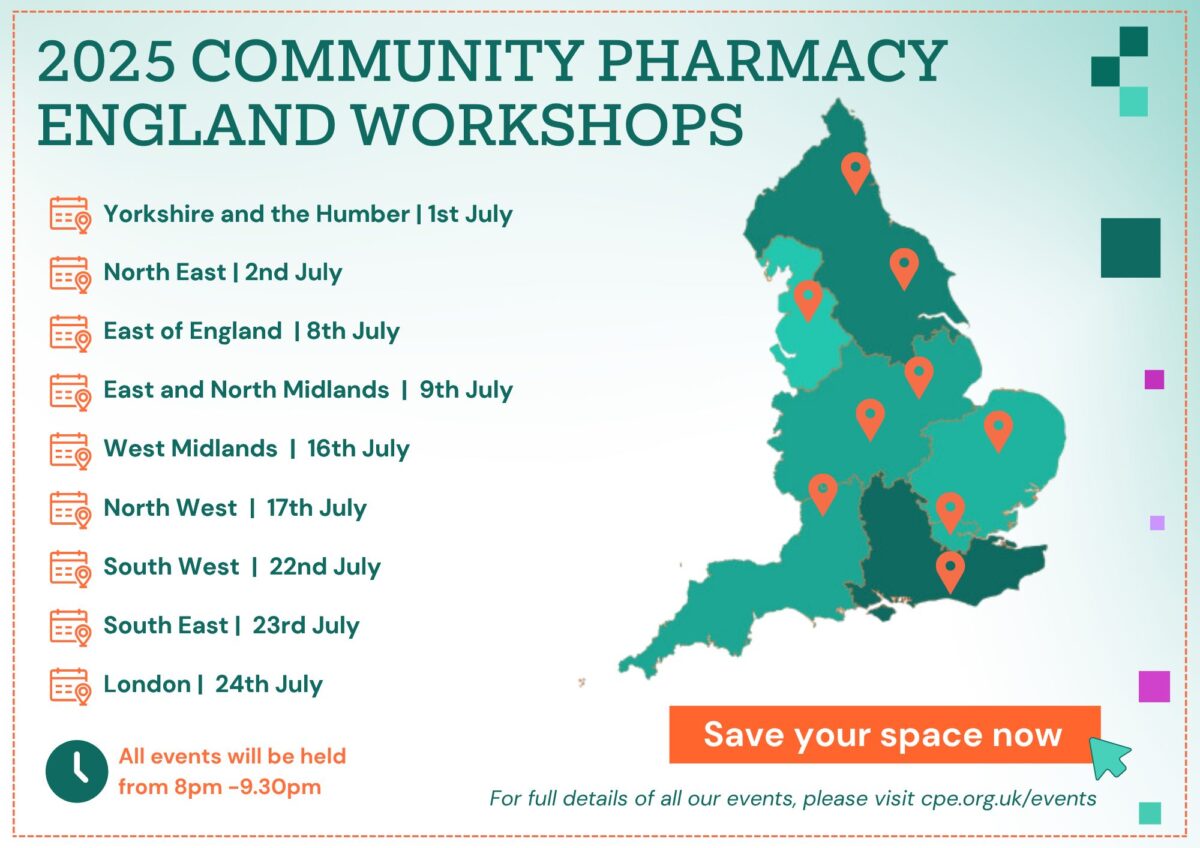Medicines not covered by the HRT PPC
Community Pharmacy England has been informed that the NHS Business Services Authority (NHSBSA) is seeing an increase in prescriptions where patients are claiming prescription charge exemption by selecting the “HRT only prescription prepayment certificate” exemption reason for products that are not covered by the HRT Prescription Prepayment Certificate (HRT PPC).
For example, patients are incorrectly using the HRT PPC exemption reason for medicines such as Medroxyprogesterone (Provera), Selective serotonin reuptake inhibitors (SSRIs), Proton pump inhibitors (PPIs) and Testosterone gel.
The most common medicines identified by the NHSBSA where patients are incorrectly claiming prescription charge exemption using a HRT PPC include:
- Amitriptyline 10mg tablets
- Amlodipine 5mg tablets
- Amoxicillin 500mg capsules
- Atorvastatin 20mg tablets
- Citalopram 10mg and 20mg tablets
- Fluoxetine 20mg capsules
- Lansoprazole 15mg and 30mg gastro-resistant capsules
- Medroxyprogesterone 10mg tablets (Provera®)
- Naproxen 500mg tablets
- Nitrofurantoin 100mg modified-release capsules
- Omeprazole 20mg gastro-resistant capsules
- Sertraline 50mg and 100mg tablets
- Sumatriptan 50mg tablets
- Testosterone 40.5mg/2.5g transdermal gel unit dose sachets (Testogel®)
The list of HRT medicines covered by the HRT PPC is published in Part XVI of the Drug Tariff. Pharmacy staff can also view the HRT medicines list produced by Community Pharmacy England. Please note: you may need to hard refresh (press Ctrl+R) to refer to the most up-to-date version.
Patients can check the NHSBSA website for an up-to-date list of HRT medicines covered by the HRT PPC. If a patient is unsure whether they are entitled to free prescriptions, pharmacy teams should advise the patient to pay for their prescription and provide them with an FP57 Refund form with information on how to claim a refund at a later date. Further information for patients can be found at www.nhs.uk/healthcosts.
The NHSBSA will continue to process the prescription in accordance with the exemption or charge status declared by the patient. However, NHSBSA’s Exemption Checking Services (ECS) carry out checks on patient claims and if they cannot confirm that a patient was entitled to claim free NHS prescriptions, the patient will be sent an enquiry letter asking them to confirm their entitlement. DHSC advise that if patients found to have wrongly claimed help from the NHS with the cost of their NHS prescriptions will face a penalty charge and, in some cases, prosecution.
Background
The definition of HRT in Part XVI of the Drug Tariff is outlined below:
‘Hormone Replacement Therapy (HRT) is the replacement of female sex hormones oestrogen and progesterone in women to control symptoms of the menopause. Some medicines that are converted or break down into oestrogen, progestogen or androgen hormones are prescribed for relief of menopausal symptoms. For the purposes of the HRT PPC these are included within this definition of HRT. Types of HRT include:
- combined oestrogen plus progestogen HRT – for women who still have their uterus
- oestrogen only HRT – for women who have had a hysterectomy
- tibolone – acts as a combined hormone therapy.
To be included on the list below (and therefore within scope of the HRT PPC) the products must be:
- HRT as defined above; and
- licensed for the treatment of menopausal symptoms in the UK.
Please note: there can be variation in the licensing of different medicines containing the same active substance’
FAQs
Q. Which other products, often used to manage the symptoms of the menopause, are not included in the HRT medicines list?
A. Other examples of medicines NOT covered by the HRT PPC include Black Cohosh, Clonidine, Duloxetine, Escitalopram, Evening Primrose Oil, Gabapentin, Norethisterone, Pregabalin and Venlafaxine. Please note this is not an exhaustive list of items not covered by the HRT PPC about which patients may ask.
Who was involved in the development of the HRT medicines list?
A. The HRT medicines list has been compiled following consultation with the Medicines and Healthcare products Regulatory Agency (MHRA), NHSBSA and the NHS England Menopause Clinical Reference Group. The list will be updated as new HRT medicines licensed for the treatment of menopause become available in the UK or as existing HRT medicines are discontinued from the UK market. If a product that meets the criteria is missing from the HRT medicines list please contact dhsc.publicenquiries@dhsc.gov.uk.
Q. What checks should a patient make before purchasing an HRT PPC?
A. It is the patient’s responsibility to check that they have the right exemption or certificate in place when claiming free NHS prescriptions and signing the declaration on the prescription form. Before purchasing an HRT PPC, patients are advised to check if:
- they are eligible for free NHS prescriptions using NHSBSA’s eligibility checker. For more information on see our page Exemptions from the prescription charge
- their medicine is covered by the HRT PPC by visiting the NHSBSA’s website for an up to date list of eligible HRT medicines
- a 3 or 12- month standard PPC is more suitable. A standard PPC covers all NHS prescriptions, not just HRT medicines. Click here for more information on PPCs
Q. Am I required to ask patients for evidence of their HRT PPC if they declare exemption from paying prescription charges for HRT medicines for this reason?
A. Any time a patient makes a declaration that they are exempt from paying an NHS prescription charge, pharmacy staff must ask them to sign a declaration and produce evidence. Pharmacies must advise the person claiming exemption from prescription charges, where evidence is required but not provided, that the NHS undertakes checks to verify that such persons are eligible for free prescriptions. This is a legislative requirement of terms of service The National Health Service (Pharmaceutical and Local Pharmaceutical Services) Regulations 2013 under paragraph 7.
For additional guidance see our Briefing 008/23: FAQs to support DHSC guidance on the new HRT prescription prepayment certificate (HRT PPC).


